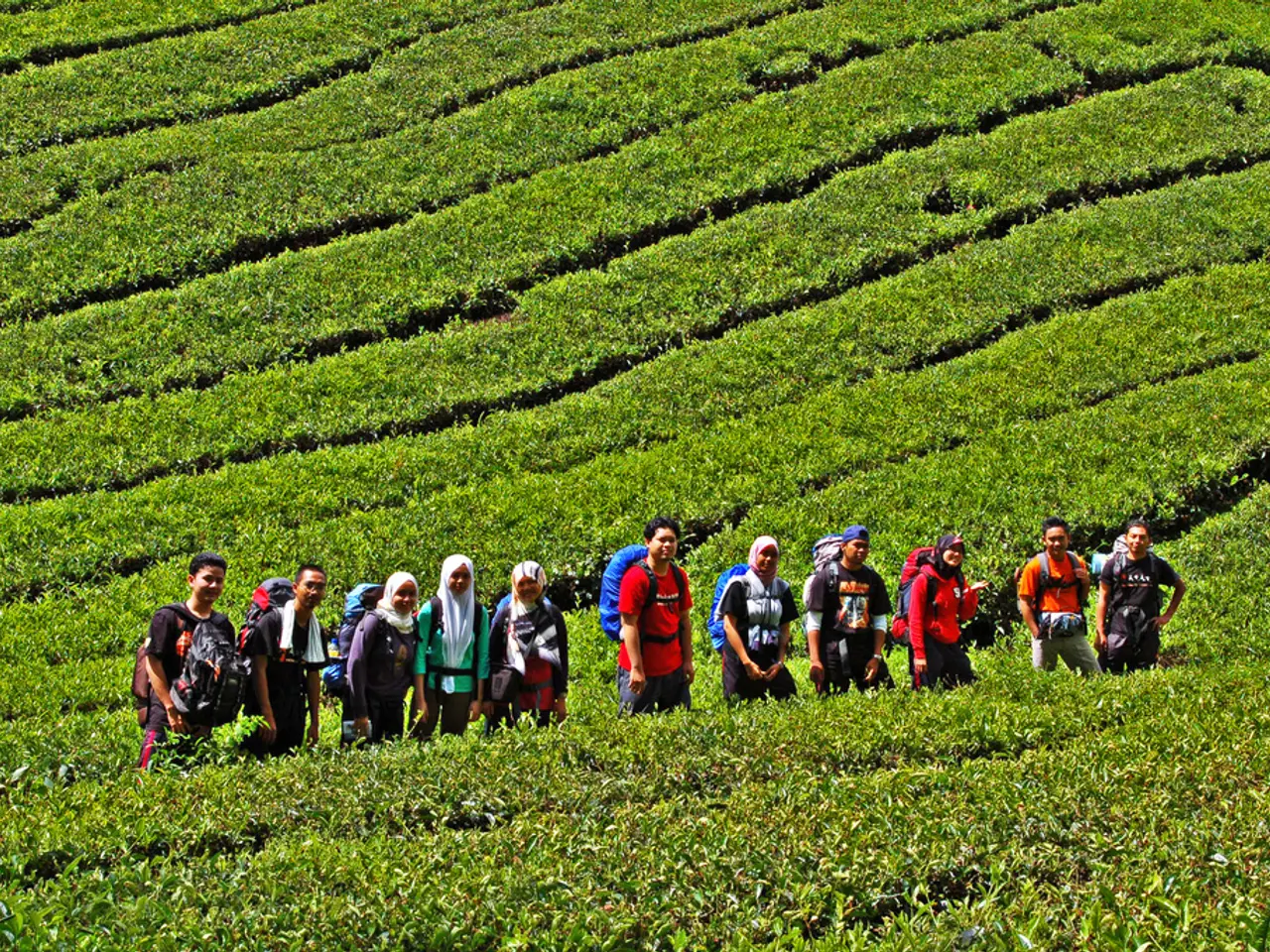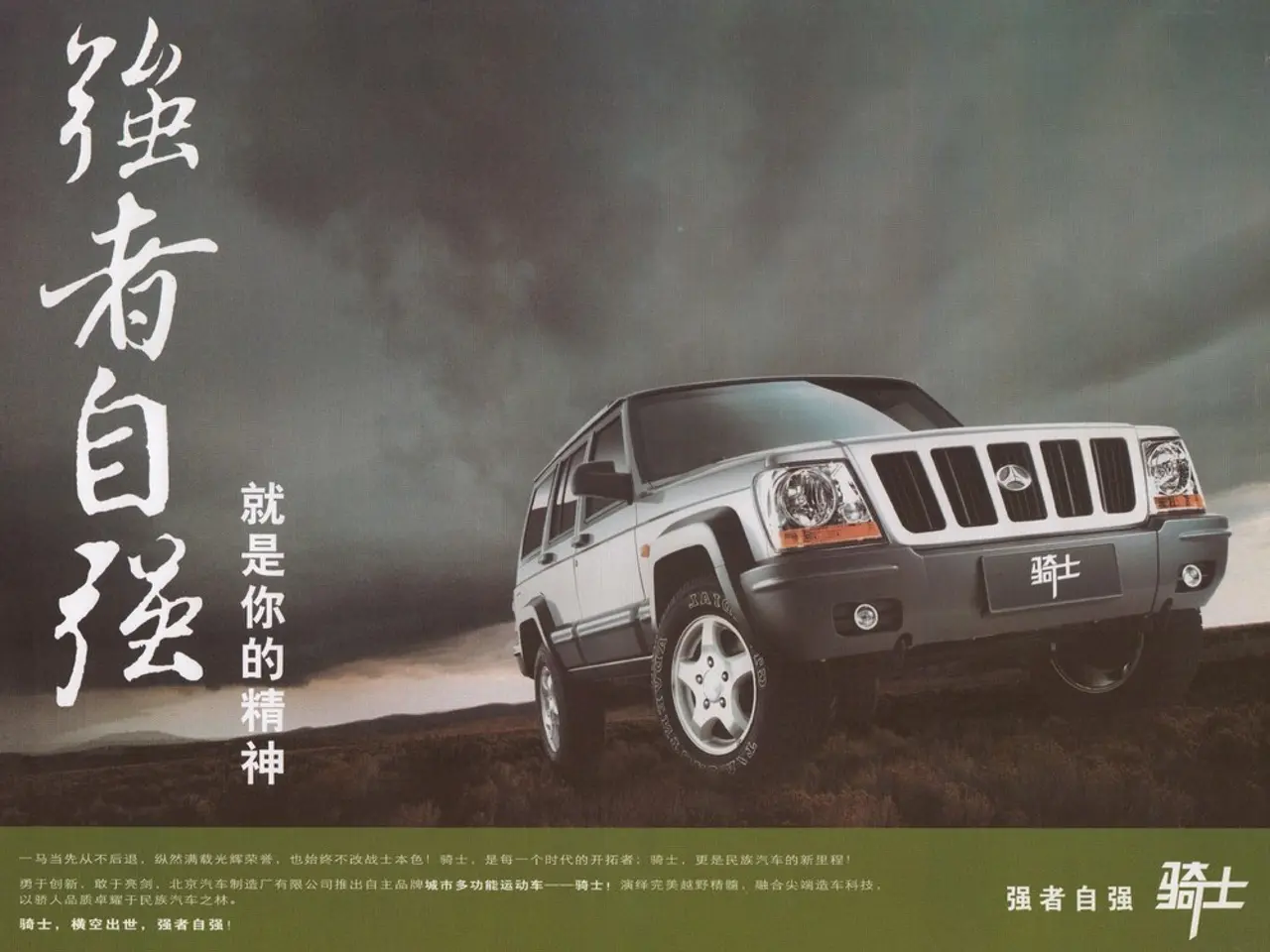Negros Island prepares for economic downturn and rise in crime as the 'dead season' commences
Negros Island, Philippines, is currently grappling with significant economic and agricultural challenges during the off-milling season, also known as *tiempo muerto*. This period, when sugar mills are not operating, brings hardship to farm laborers and small-scale sugarcane planters who rely on this work for their livelihood.
**Economic Hardship for Farmworkers and Farmers**
During *tiempo muerto*, many agricultural workers and agrarian reform beneficiaries (ARBs) on Negros Island face a loss of income, as their primary source of livelihood is temporarily unavailable. The government has recognized this issue and recently relieved around 11,000 Negros Island ARBs of PHP 1.8 billion worth of debts to alleviate their financial strain [3].
**Agricultural Productivity and Food Supply Stability**
The island's dependency on sugarcane monoculture makes the economy vulnerable during off-milling seasons when alternative income sources are scarce. This vulnerability can affect food security locally, as the economy's reliance on sugarcane leaves little room for other crops [2].
**Expected Impact on the Region’s Economy and Population**
The cyclical economic downturn during *tiempo muerto* contributes to poverty among farming communities. Without adequate livelihood alternatives or social safety nets, vulnerable populations face deeper economic hardship during these months. Calls for projects intended to improve regional connectivity and infrastructure may provide longer-term economic benefits, but they also risk displacing fishing communities and affecting local livelihoods if not carefully managed [1].
**RSSI Infestation**
A persistent infestation of red-striped soft scale insects (RSSI) has affected over 2,300 hectares of sugarcane farms. If RSSI is not contained, it may migrate to other crops on the island and potentially ravage palay and corn plantations. The Department of Agriculture will focus on rice, corn, and other high-value crops if RSSI is contained in sugar plantations [4].
**Government Interventions**
The Negros Occidental Police Provincial Office (NOCPPO) has deployed officers across key areas in anticipation of increased property crimes driven by hunger and joblessness during the off-milling season. Colonel Rainerio de Chavez, director of NOCPPO, aims to sustain the decline in crime in Negros Occidental, with 13.10% less crime in 2024 compared to the previous year [5].
NOCPPO wants to maintain the momentum in reducing crime for the current year, regardless of the off-milling season. Coordination with the Department of Labor and Employment is underway to support displaced laborers due to the RSSI infestation and off-milling season [6].
**Impact on Businesses**
Between July and October, an estimated P150 to P200 million income may be lost from diesel, tire, and spare part businesses due to the reduced operations during the off-milling season [1]. Frank Carbon, vice president of the Metro Bacolod Chamber of Commerce and Industry, predicted a 30% decline in purchasing power due to depressed demand throughout the NIR [7].
In conclusion, Negros Island faces cyclical economic challenges during the off-milling season due to its reliance on sugarcane production, resulting in income loss and debt for farmworkers, which exacerbates poverty risks. The government’s debt relief efforts are mitigating some negative impacts, but a comprehensive strategy involving economic diversification, sustainable agricultural development, and responsible infrastructure projects is crucial to stabilize and improve the region’s economy and the well-being of its population.
- The loss of income during the off-milling season, or *tiempo muerto*, leaves many agricultural workers and agrarian reform beneficiaries (ARBs) on Negros Island with no livelihood alternatives, causing economic hardship.
- The contraction of the economy during the off-milling season also affects businesses, with an estimated P150 to P200 million income potentially lost from diesel, tire, and spare part businesses due to reduced operations.







